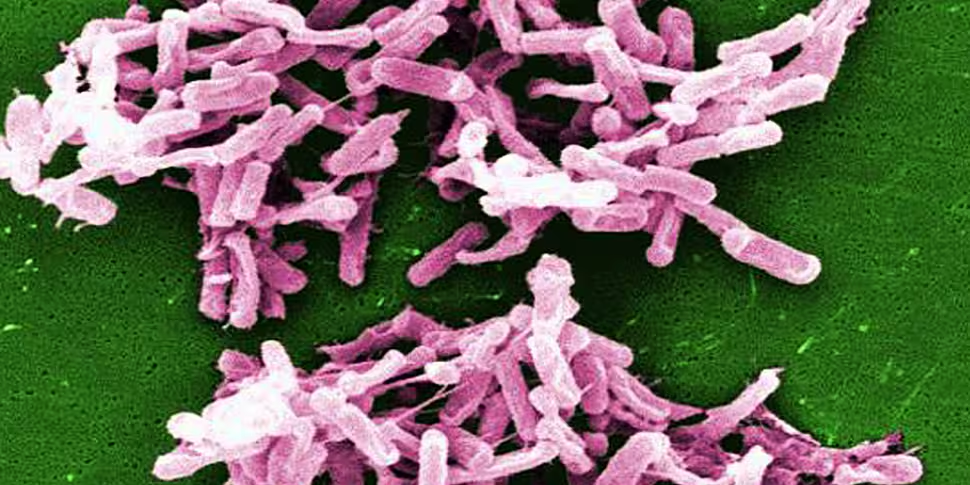Patients may soon be able to take a pill which would ward off the hospital superbug C-difficile.
Researchers have discovered a family of viruses which can destroy the infection as traditional antibiotics become less effective. Scientists hope to produce capsules loaded with the viruses that can be swallowed by patients.
The highly infectious bacteria causes more than 14,000 cases of severe diarrhoea each year.
C diff, as it is known, is increasingly resistant to antibiotics and in elderly patients the infection can prove fatal. But laboratory tests show the newly identified viruses - called bacteriophages - are effective against 90% of C diff bacteria.
Bacteriophages are natural bacterial killers. They latch on to bacterial cells and inject their genetic material, which is then replicated many times over causing the bacterial to burst open.
The released bacteriophages go on to infect more bacteria.
The researchers are now working with the US firm AmpliPhi to develop virus-loaded capsules that patients would swallow. The viruses will not infect the cells of the patient, and because they are highly specific for particular strains of bacteria they are unlikely to damage friendly bacteria in the stomach.
The work, funded by the Medical Research Council in the UK, has so far identified 26 viruses that target C diff strains.
Dr. Des Walsh is head of infections and immunity at the Council. "Antibacterial resistance is a major and growing threat to health globally. New treatments and therapies are sorely needed" he said.
Bacteriophages have been used for many years in some East European countries, but have been dismissed by most western scientists up to now.
Lead scientist is Dr. Martha Clokie. She says trials will begin soon.









